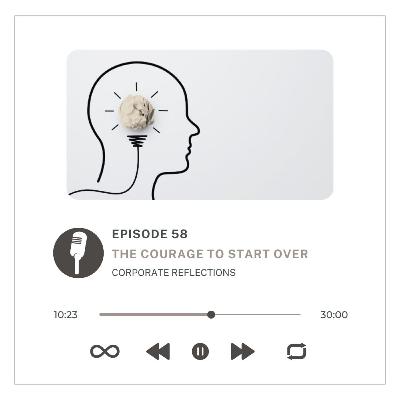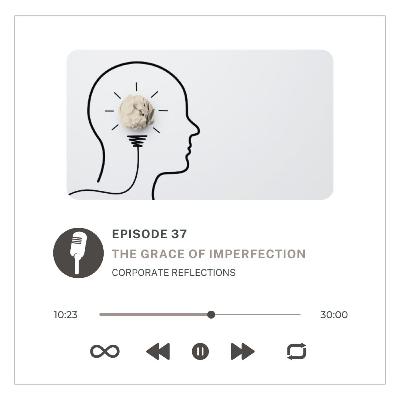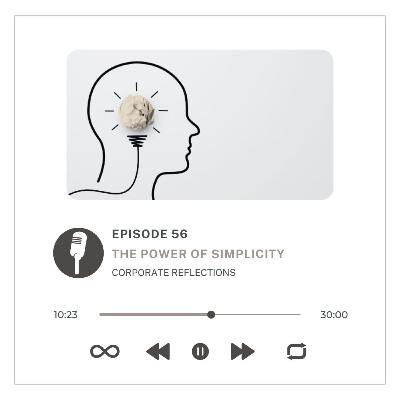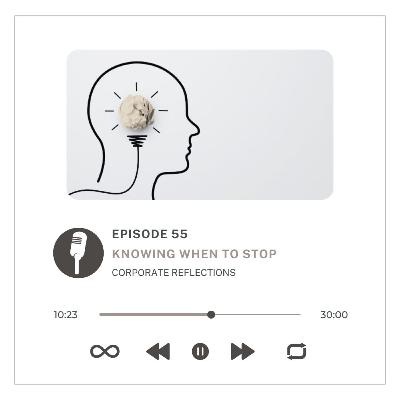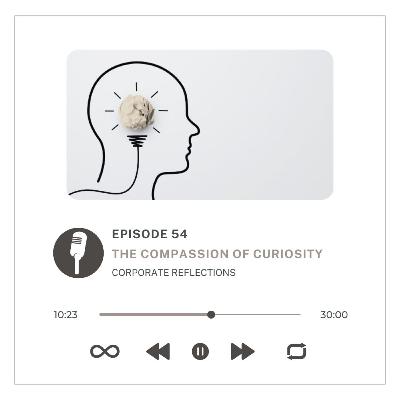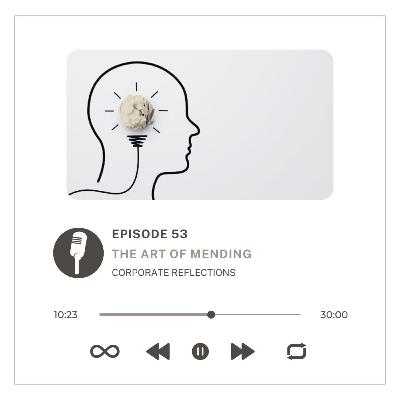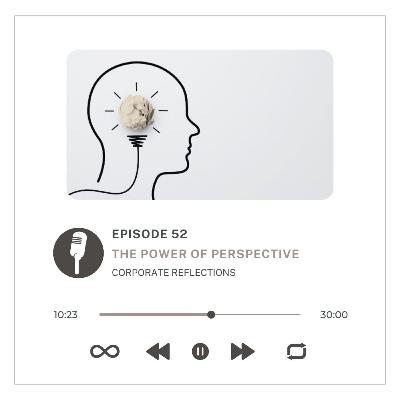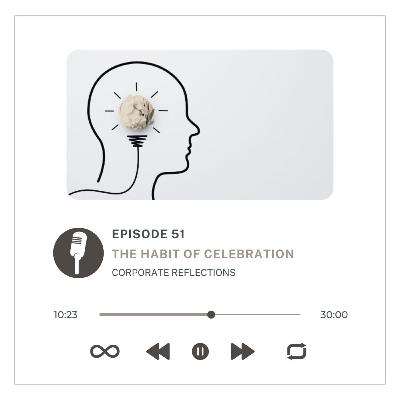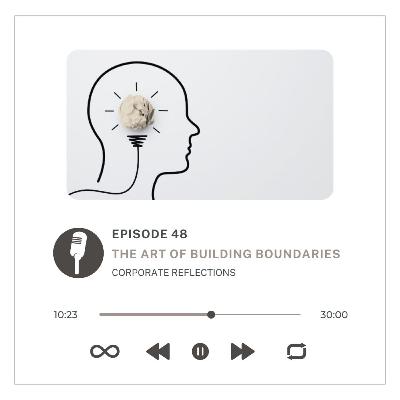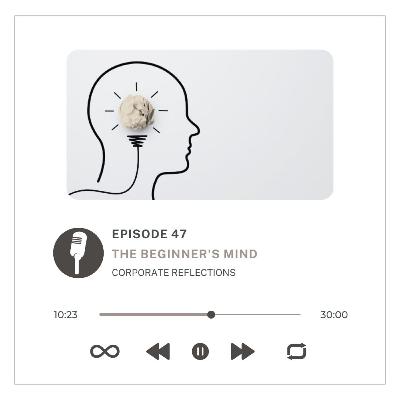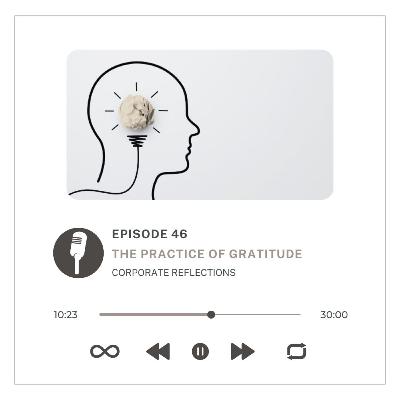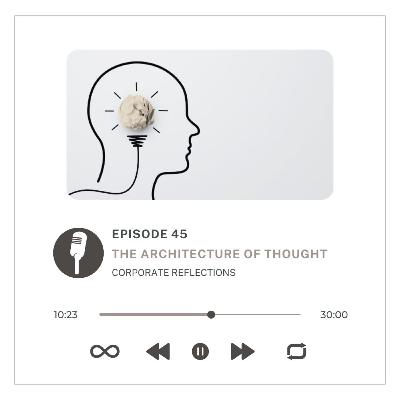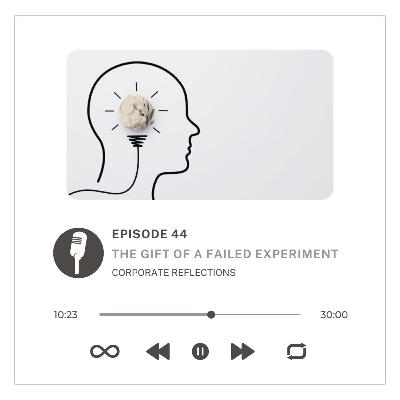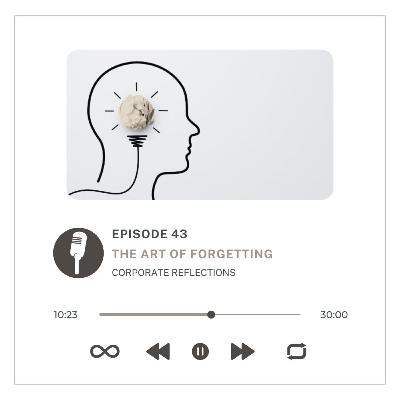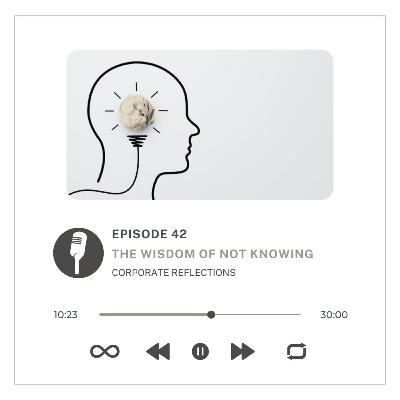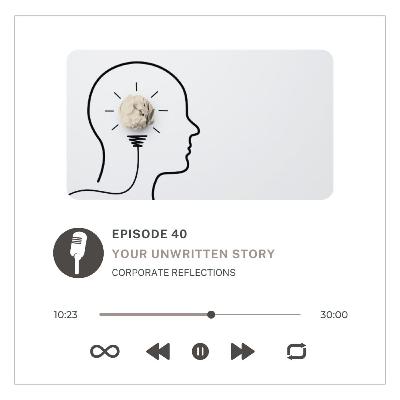Corporate Reflections : The Courage To Start Over
Update: 2025-10-05
Description
The reflection you've provided is deeply inspired by key concepts from Psychology (specifically Positive Psychology) and Philosophy (especially Stoicism) : 1. The Concept of Resilience : In modern psychology, resilience is a primary concept, often defined as : • Positive Adaptation Despite Adversity : The ability to "successfully adapt to difficult or challenging life experiences" and "bounce back" from setbacks. Your reflection embraces this by defining starting over not as a failure, but as an act of courage and strength.• "Bouncing Forward" (Post-Traumatic Growth): This is a more modern take on resilience, suggesting that overcoming a challenge doesn't just return you to the status quo, but instead leads to a new level of growth and a "more authentic future." This is exactly what the reflection suggests when it states, "They were opportunities to use the wisdom gained from the past to build a better and more authentic future."2. Stoic PhilosophyThe philosophical school of Stoicism provides the bedrock for the argument about controlling one's response to events.• The Dichotomy of Control: Stoics like Epictetus and Marcus Aurelius taught that the path to a good life is to focus solely on what is within your power to control (your judgments, your choices, your actions) and to accept what is not (external events, other people's opinions, past failures). This principle is applied by framing the decision to start over as a courageous choice ("a brave choice to honor your growth") that is fully within the individual's control, rather than dwelling on the uncontrollable external factors (the "society that values linear progress").• Adversity as Fuel for Virtue: Stoicism views challenges as necessary training. Seneca famously suggested that a strong person should be "trained for in advance" for suffering. The idea that "whatever fails is fuel" (a common modern Stoic mantra) is mirrored by the statement, "They were opportunities to use the wisdom gained from the past." The setback is not wasted; it's a valuable input for the new beginning.3. Existential and Humanistic ThoughtThe emphasis on personal authenticity and creation of meaning aligns with modern humanistic and existential thinkers.• Authenticity and Self-Alignment: The line, "to create a life that truly aligns with who you are today," speaks directly to the concept of authenticity, a core theme in Existentialism (e.g., Jean-Paul Sartre or Søren Kierkegaard). This idea encourages choosing a path that reflects your current, evolving self, even if it defies societal expectations of a "perfect, uninterrupted life path."• Growth and Change: The final metaphor—"the most beautiful gardens don't grow without first pulling the weeds and replanting the seeds"—is a powerful summary of the human capacity for growth through destruction and renewal, an idea common in many schools of thought focused on personal development.By combining the practicality of Stoicism with the focus on growth and self-discovery from modern Psychology, this reflection transforms the stigma of "starting over" into a profound statement of courage, resilience, and personal integrity.
Comments
In Channel

